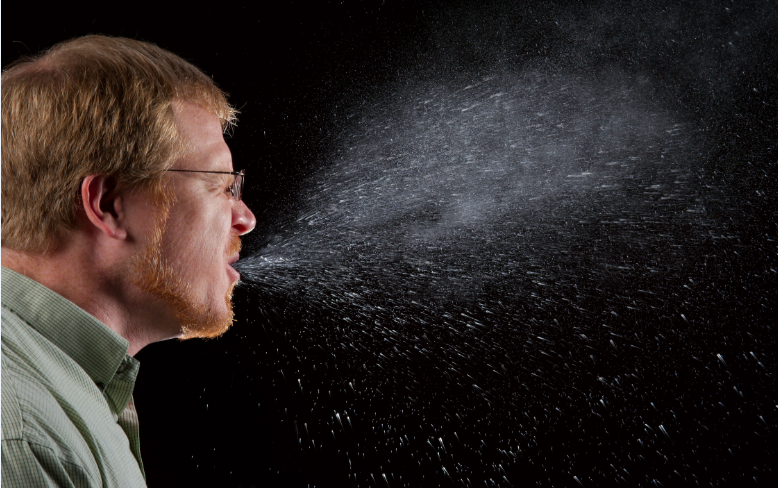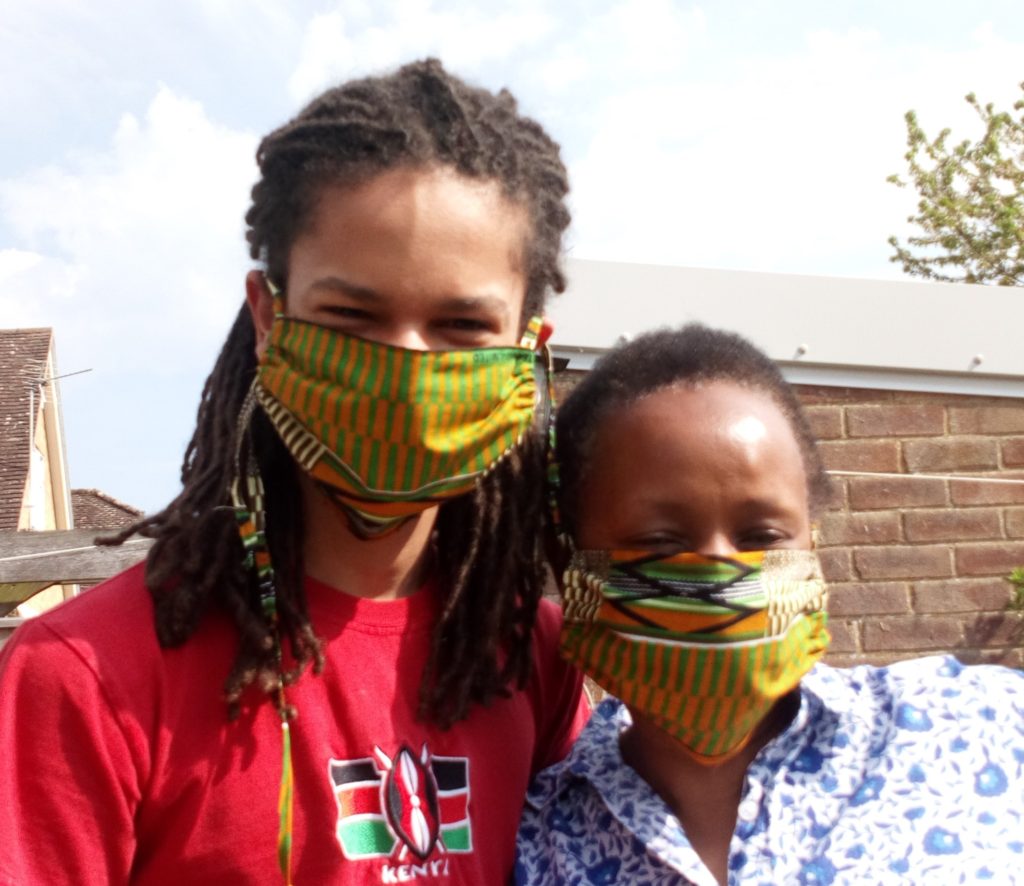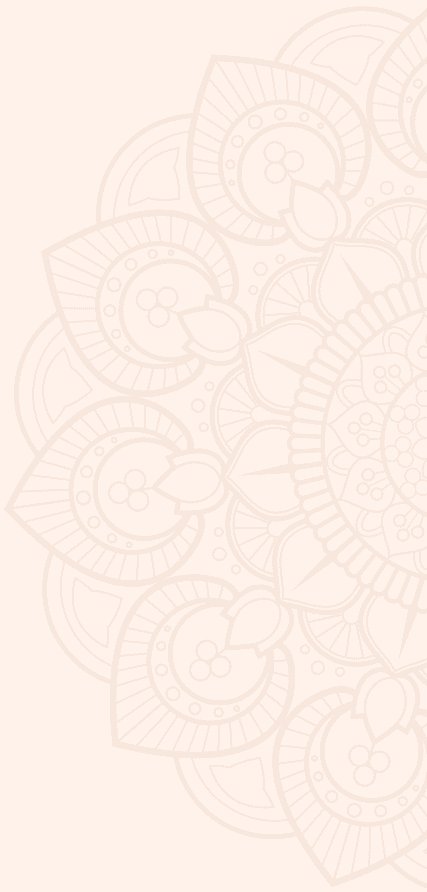
Covid-19 and cloth face masks
Although surgical masks would be ideal for prevention of the spread of coronavirus, there is a global shortage and governments want all available surgical masks to be spared for health workers. This is extremely important as health workers need to be protected from infectious patients. These health workers are placing their lives at risk to care for ill patients and their own health ought to be a top priority. If a health worker catches the virus and is unaware, as they are not showing symptoms, they could spread it to tens of patients. It is therefore critical that health workers have protective clothing, which includes surgical face masks.
As of 14th April, the World Health Organization (WHO) has provided information about the use of surgical masks.
They do not recommend the use of surgical masks for the healthy public but only for those with symptoms and those taking care of people with symptoms.
The WHO has remained quiet about cloth face masks.
The Centre for Diseases Control (CDC) in the USA are however very clear in recommending the use of face cloth masks for the public.
https://www.cdc.gov/coronavirus/2019-ncov/prevent-getting-sick/cloth-face-cover.html
According to the CDC, the face masks are not about preventing yourself getting infected but stopping you from spreading the virus to others.
Covid-19 is spread mainly through droplet infection, where a sneeze releases the virus which floats in the air and infects those in close contact…

Source CDC library, Photo by James Gathany, 2009
This photograph captured a sneeze in progress, revealing the plume of salivary droplets as they are expelled in a large cone-shaped array from this man’s open mouth, thereby, dramatically illustrating the reason one needs to cover his/her mouth when coughing, or sneezing, in order to protect others from germ exposure.
Imagine if the guy in the photo above was wearing a facemask?
That would mean that the droplets would be captured within the mask and not spread too far out. In that way, minimising the spread of the disease. Bear in mind that over 80% of those infected with the virus remain asymptomatic or display mild symptoms and recover without special treatment. This is to say that many of us who are not showing any symptoms are likely spreading the virus unknowingly to others. As a healthy person who is infected with the virus will be releasing viruses when they sneeze, so a cloth face mask will reduce that spread to others.
The CDC advise on face mask use by the general public are:-
1.Cover your mouth and nose with a cloth face cover when around others. You could spread coronavirus to others even if you do not feel sick
2.Everyone should wear a close face cover when they have to go out in public—for example, when we go out to pick necessities at the supermarket or local shops and markets. The cloth face cover is meant to protect other people in case you are infected
3. The cloth face cover is not a substitute for social distancing. People should still keep 2m away from others
What does the research say about the use of face cloth masks?
There has been no research on the use of cloth masks by the public as a means of preventing disease. However, Covid-19 is an unusual case and a review published on the 9th April 2020 in the British Medical Journal attempts to address this situation.
https://www.bmj.com/content/369/bmj.m1435
The paper by Greenhalgh and colleagues titled ‘Face masks for the public during Covid-19 crisis’ recommends that facemasks be used as a precautionary measure
They support CDC recommendation stating that the masks do prevent the reach of droplets from a sneeze. Individuals are also infectious upto 2 and a half days before symptoms start to show and over half of new infections are a result of contact with people who are not showing any symptoms.
The researchers suggest that since community testing is not being done, there is a likelihood that the spread of the disease would be higher in the absence of face masks.
However, governments are taking all this differently…..
In the USA, the government recommends that the citizens wear cloth masks but this is voluntary and the president himself is not that interested.
In the UK, there is no push for people to wear face masks in public https://www.bbc.co.uk/news/health-51205344
In Kenya, it is law – you must wear a face mask when you go out in public. Failure to comply can earn you a fine not exceeding KSH 20,000 (about 190US$) or a 6-month stint in jail. This is not an empty threat.
As a result, citizens are making their own masks from cloth – although the ministry of health is quick to say these are not as effective as surgical face masks.
In the meantime, a local factory in Eldoret, Rivatex, is now mass-producing face masks for the citizens
https://www.standardmedia.co.ke/article/2001366398/rivatex-starts-mass-production-of-face-masks
At the end of this pandemic, the data will show us what the most protective measures were. For sure, regular washing of hands and social distancing will be tops. It will be possible to look at data from Kenya to see whether compulsory use of face masks (a high proportion of them being cloth) will reduce spread. The effectiveness of this approach depends very much on how people understand it. If it’s just about being on the right side of the law and several people share the same face mask when they need to leave the home, then it will not work.
We each need to have our own face mask and wash it regularly. Please check out the CDC website.
https://www.cdc.gov/coronavirus/2019-ncov/prevent-getting-sick/diy-cloth-face-coverings.html
I had a go at it myself and here I am with my son….

Cotton material from an old T-shirt, khanga, kitenge or school uniform will do. Remember to use double layer of cloth.
Happy sewing….
NB: I just heard from a reliable source that hawkers are allowing people to try out face masks and buy the one that fits. This means that someone who is already infected could be leaving droplets of their saliva on a face mask, which someone else could buy. I am not against hawkers selling face masks, these are the people most affected by the lock down – but they need to know that ‘trying out’ masks is equivalent to trying on underpants and then buying only the one that fits – only with face masks, the outcome can be deadly.
Comments
-
Edna
Informative and totally agree masks plus social distancing plus isolation if symptomatic plus handwashing = herd immunity
-
Edna
Sorry meant to say “herd protection “
-
Betty Bundotich
Spot on!
Somehow we need to find a way of getting the message of mask wearing out in a manner that is well understood as to the reason, even if it includes tying a clean scarf around one’s nose and mouth as one goes about their business.Sadly social distancing seems to be an alien concept. Most public spots like bodaboda stages have people sitting cheek by jowl!
Comments are closed.





Shaban Mwangi
An important message. I already have one (double-layered) courtesy of Debra